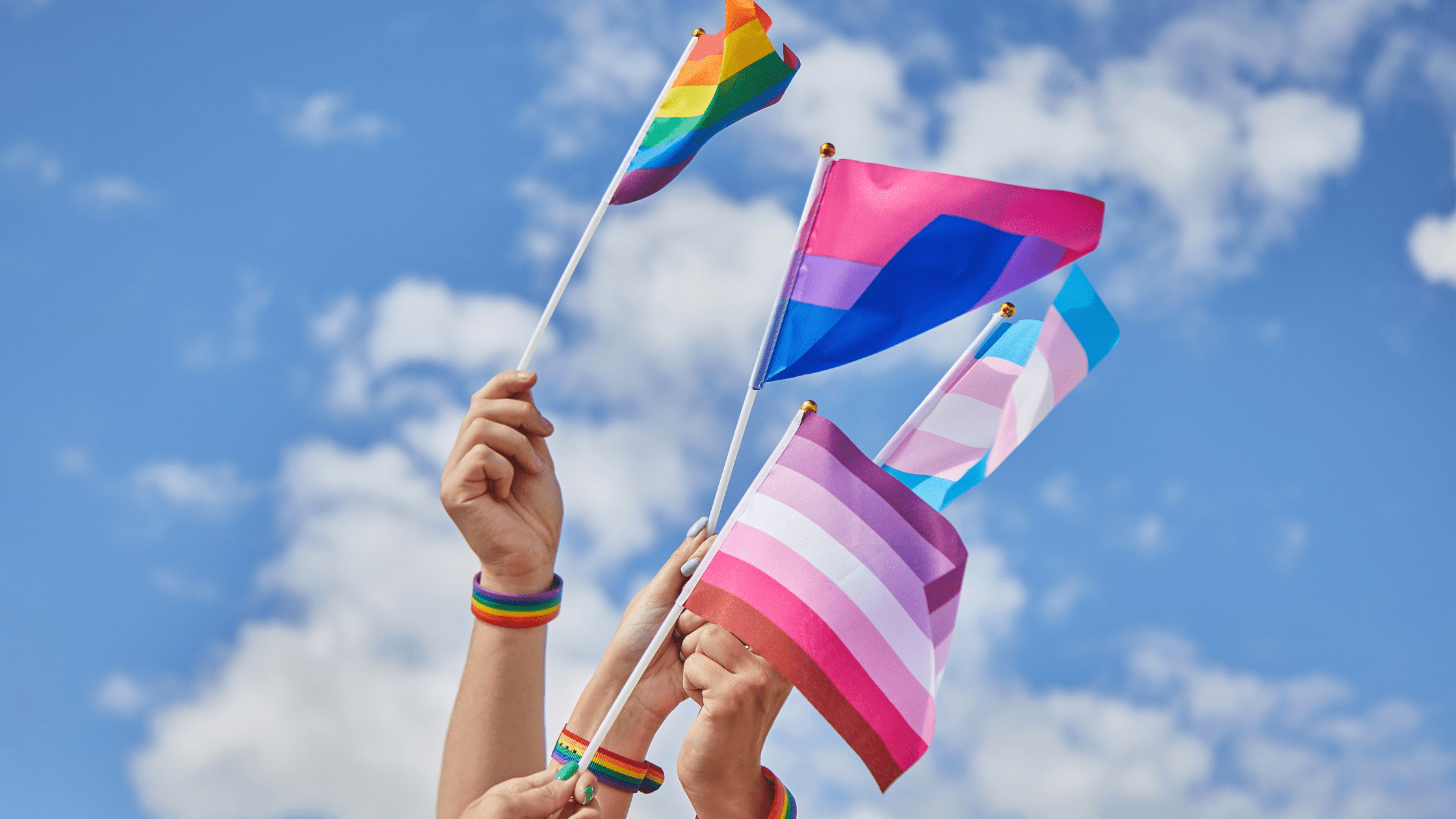How Are The Fertility Needs Of Trans & Gender-Diverse People Being Met?

In a world where the focus is on creating equality of opportunity and rights for all individuals, in some areas, it is still lacking.
So, what might be the cause of the perceived inequality when it comes to fertility? Is it down to a lack of funding, research, understanding, knowledge or care? Is it because of the attitudes and beliefs of staff, or the perception of the patients to how they are being treated? It’s likely to be a combination of factors, but it’s something that needs addressing. Society has more recently become increasingly aware of the need for a change of language in order to improve equality, acceptance and integration, but there is further to go.
How are the needs of trans and gender diverse individuals different from others needing fertility treatment?
Anyone undergoing fertility treatment will have experienced an inability to conceive naturally, whether that is through a medical barrier, undiagnosed infertility, lack of a sexual partner or gender diversity.
For most people going through infertility, it is emotionally, physically and financially challenging. For people undergoing surgery, they may also need to consider preserving their fertility for later down the line, when they are ready to start a family. In the case of trans and gender diverse individuals, they may experience all of this, along with the possible judgement stemming from antiquated thinking and prejudice.
It’s important that every patient’s psychological and emotional needs as well as their physical and medical ones are taken care of when they are going through surgery or treatment, regardless of their gender or sexual orientation.
Why is there a funding difference for heterosexual couples and other couples?
Although trans gender and gender diverse couples do qualify for some treatments in some areas of the UK, in other areas they don’t. This is due to individual NHS trusts, which can add additional conditions and requirements to those imposed by NICE (National Institute for Health and Care Excellence).
As heterosexual couples could establish their infertility by trying unsuccessfully to get pregnant through sexual intercourse over a given time period (age dependant) so in many cases, single, same sex, gender diverse and trans individuals have been expected to self-fund their cycles of IUI, before being deemed infertile and accessing NHS treatment.
.jpg)
The Royal College of Obstetricians and Gynaecologists, recently created a draft guideline relating to the care of transgender and gender diverse people. The following paragraphs have been taken from the draft guideline document.
“Dr Edward Morris, President of the Royal College of Obstetricians and Gynaecologists, said:
“This is an important guideline which aims to improve the care and experiences of transgender and gender diverse individuals accessing obstetric and gynaecological services.
“Sadly, trans and gender diverse individuals say they often feel judged and misunderstood by the health service. This can act as a barrier for them when it comes to accessing vital care and we as healthcare professionals have a role to play in making them feel listened to and recognised.
“This draft guideline is our first attempt to ensure we are providing personalised care for all our patients. We welcome feedback on this draft to ensure the guideline is the best as it can be for clinicians and the trans and gender diverse individuals who use our services.”
“The RCOG is committed to ensuring obstetricians and gynaecologists provide care to the highest possible standard for everyone that needs it. Guidelines can be particularly useful to manage the care of small populations as they make the care safer, with less variation.”
The following statement was made from the HFEA (Human Fertilisation and Embryology Association) in response to the RCOG draft guideline:
Responding to the Royal College of Obstetricians and Gynaecologists consultation on a draft guideline relating to the care of transgender and gender diverse people (TGD), Clare Ettinghausen, HFEA Director of Strategy & Corporate Affairs, said:
“We know that people within the LGBT+ community may have poorer experiences of care with our recent National Patient Survey showing that many same sex couples were dissatisfied with the cost of treatment, as well as how they were treated throughout their fertility journey, from feeling dismissed by their GP, to receiving treatment. There is a lot of work to be done to ensure healthcare is fully inclusive and the development of this draft guidance is a welcome step towards this. It’s important that a diverse group of voices further inform this work so once finalised, the guidance can be put into practice and begin making a difference.
“We’d advise anyone considering fertility preservation to think carefully about their options and discuss them with medically qualified staff. Treatment can be a very emotional experience so we also recommend that anyone thinking about having fertility treatment has the right support. Information to support trans and non-binary people seeking fertility treatment is available on the HFEA website, including links to the professional support available.”
Consultation on the draft guideline document from the RCOG closed on Tuesday 6th September 2022.
Here at the IVF Network, we provide a wide range of information, through our dedicated channel of experts, our website and our blogs, so that you can make informed choices on your own fertility journey.
The following organisations can offer specific information and support around conception and parenting to members of the LGBT+ community: